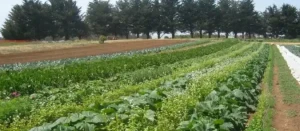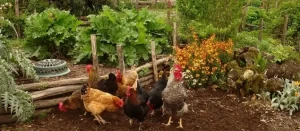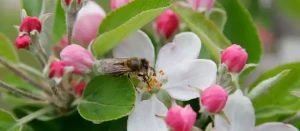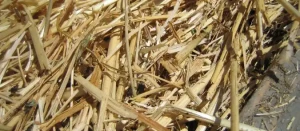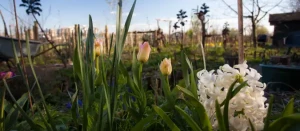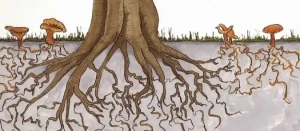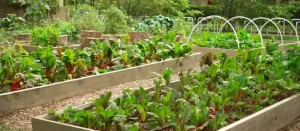SEARCH RESULTS > ARTICLES > companion planting
As gardeners, we are stewards of the land, nurturing and coaxing life from soil, sun, and water. In our pursuit of abundant harvests and flourishing landscapes, we often seek methods that not only yield bountiful crops but also sustain the delicate balance of our ecosystems. One such approach that has gained significant attention and acclaim is agroecology. Learn More
Permaculture, a term blending "permanent" and "agriculture," represents a holistic approach to food production that aims for sustainability, biodiversity, and resilience. It's a system of agricultural design that integrates human dwellings, wildlife, landscapes, and natural elements to create harmonious, self-sustaining ecosystems. In the realm of gardening and agriculture, permaculture offers profound insights and techniques that redefine how we interact with the land. Learn More
Learn why building guilds around your trees benefits your garden by fostering ecosystem health, promoting biodiversity, and enhancing soil fertility. Learn More
The no-dig method, also known as no-till gardening, is a sustainable and organic approach to cultivating vegetables without disturbing the soil structure. This gardening technique has gained popularity among gardeners due to its numerous benefits for soil health, plant growth, and overall garden productivity. Unlike traditional gardening methods that involve tilling, digging, and turning the soil, the no-dig method emphasizes minimal soil disturbance. Instead of breaking up the soil, gardeners layer organic materials on top of the ground to create nutrient-rich soil beds where plants can thrive. By implementing the no-dig method, gardeners can improve soil structure, enhance soil fertility, and promote beneficial soil organisms such as earthworms and microorganisms. Additionally, this approach helps to conserve water, reduce weed growth, and minimize soil erosion. Learn More
Cover crops are an essential aspect of sustainable gardening. These crops, also known as green manure, are planted primarily to improve soil health, enhance fertility, control weeds, and prevent erosion. Learn More
As winter fades away and the warmth of spring arrives, gardeners everywhere eagerly anticipate the opportunity to cultivate their outdoor spaces once again. Spring heralds the beginning of the growing season, and with it comes a flurry of essential tasks to ensure a successful and bountiful harvest later in the year. Whether you're a seasoned gardener or just starting out, following a comprehensive spring garden maintenance checklist can help set the stage for a productive and thriving garden. From soil preparation to pest management, here are the key tasks you'll want to tackle as you prepare your garden for the growing season: Learn More
Gardening enthusiasts are always on the lookout for ways to enhance the health and vitality of their plants. One often overlooked but crucial player in the world beneath the soil is Mycorrhizal fungi. These remarkable fungi form a symbiotic relationship with plants, contributing significantly to soil health and overall plant well-being. Learn More
Gardening enthusiasts are increasingly turning to sustainable and environmentally-friendly practices, and one such method gaining popularity is no-till gardening. No-till gardening is a technique that eliminates or minimizes soil disturbance, promoting healthier soil and more robust plant growth. In this comprehensive guide, we will explore the principles and techniques of creating a successful no-till garden. Learn More
